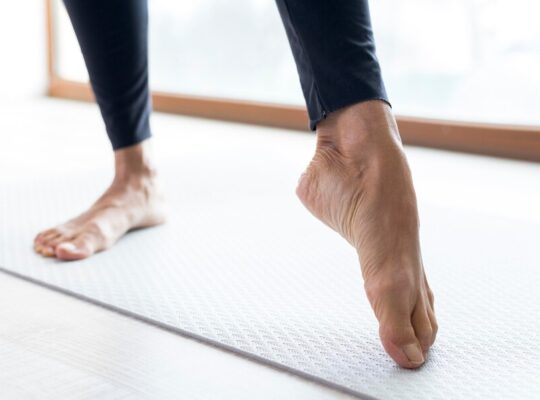What is Total Hip Replacement?
Total hip replacement is often recommended when conservative treatments fail. During the procedure, the surgeon removes the damaged portions of the hip joint and replaces them with metal, ceramic, or plastic components.
Who Needs Total Hip Replacement?
Patients with severe hip pain that interferes with daily activities, such as walking, climbing stairs, or even resting, are usually candidates for THR. Those suffering from degenerative joint diseases like osteoarthritis, rheumatoid arthritis, or trauma-related conditions benefit significantly from the surgery.
Internal links:
- Managing osteoarthritis can guide patients in understanding non-surgical treatment options.
- In bone-related disorders, femur fractures could coexist with hip injuries, requiring special care.
Types of Hip Replacement
There are several types of hip replacement surgeries depending on the patient’s age, lifestyle, and specific hip condition:
- Total Hip Replacement: This is the most common type where both the acetabulum and femoral head are replaced.
- Partial Hip Replacement: In this, only the femoral head is replaced. This is more commonly done for specific fractures.
- Hip Resurfacing: Rather than replacing the entire joint, the damaged surfaces are capped with a prosthesis.
Risks and Complications
Like any major surgery, THR has risks such as:
- Blood clots
- Infection
- Dislocation
- Nerve injuries
Patients can reduce their risk by following post-surgical care instructions closely. It’s also important to maintain a healthy diet to avoid complications such as high cholesterol, which may impact recovery. Check out the Cholesterol Lowering Diet post for helpful tips.
Recovery After Surgery
Post-surgery recovery typically includes physical therapy to help patients regain strength and mobility. Learn about breathing exercises to assist with respiratory function, which is vital post-surgery.
Internal links:
- Breathing in or out can help those learning the proper breathing techniques during recovery.
- Strengthening muscles is crucial, and the Build Biceps & Back blog offers exercises that can assist in rehabilitation.
Long-term Outcomes
Most patients experience significant pain relief and improved joint function following THR. Some people may need revision surgery later in life, particularly younger patients who live an active lifestyle. It’s essential to monitor for complications such as joint stiffness or dislocation.
Internal links:
- For younger patients recovering from surgery, learn more about schizophrenia to understand the psychological aspects that might accompany chronic illnesses.
FAQs About Total Hip Replacement
What is the average recovery time for THR?
Recovery typically takes 3 to 6 months. For more information on post-surgery recovery tips, visit Total Knee Replacement Recovery.
Can you walk normally after a hip replacement?
Yes, with proper rehabilitation, most patients return to walking normally. Check our exercises for muscle strength to support recovery.
How long does a hip replacement last?
A hip implant can last 15 to 20 years, though younger patients may require revision surgery. Learn more about multiple myeloma, a condition that can affect joint health in elderly patients.
Are there any non-surgical treatments for hip pain?
Yes, before surgery, many patients try physical therapy or medications. Visit Types of Pain to explore alternatives.
What are the signs that I need a hip replacement?
Severe pain, inability to walk, and reduced mobility are common signs. See more in Runner’s Knee about managing joint pain.
What are the risks of hip replacement surgery?
Risks include infection, dislocation, and nerve damage. Managing high blood pressure during recovery is crucial, and our post on Control High Blood Pressure can guide you through it.
Is there an age limit for hip replacement?
There is no strict age limit, but patients need to be healthy enough for surgery. For older adults, read about the pyogenic liver abscess for related post-surgical care insights.
Can I engage in sports after hip replacement?
Light sports like walking or swimming are encouraged. For more on exercise recovery, check Build Biceps & Back.
How can I prepare for hip replacement surgery?
Start by consulting your doctor and undergoing pre-surgical evaluations. Read our blog on kidney biopsy for tips on pre-surgery care.
What diet should I follow post-surgery?
A balanced diet with lots of fruits, vegetables, and lean protein helps. Learn more about healthy eating in Home Remedies for Gallstones.












